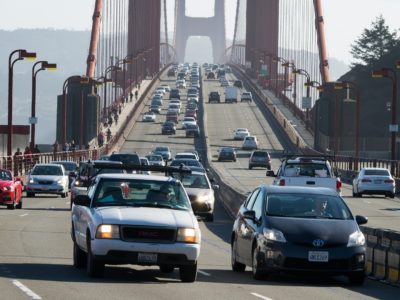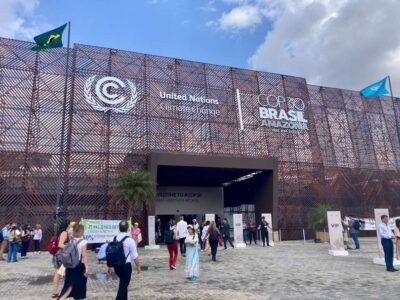CEQA and the Drought
Republicans are using the drought as an argument for CEQA exemptions
One thing that the deep drought in California has prompted is more discussion of water storage projects like dams. Part of that discussion has been arguments that environmental review pursuant to CEQA should be “streamlined” for water storage projects. A bill to streamline environmental review for two dam projects died in the Assembly this year. These efforts are being led by Republicans who hope to use the drought as leverage to both reduce environmental protections in California and chip away at the dominance that Democrats now have at the state level.
There is an interesting debate occurring about the merits of water storage as a tool to address droughts and long-term impacts of climate change on the state’s water system. There is also an important and interesting debate occurring about how to reform CEQA as a whole.
But what I found fascinating about the news coverage on the proposals to streamline CEQA for these dam projects was how the proponents of streamlining for the dams explicitly and repeatedly cited earlier CEQA streamlining legislation as precedent for their efforts. And because that earlier legislation streamlined CEQA for sports arena projects, the comparison packed a strong rhetorical punch: If the state legislature is willing to weaken environmental review for a basketball arena or football stadium, why can’t it do it for water storage, when we are faced with a massive drought?
Here we see the dynamics of special exemptions to general environmental laws playing out again – once one interest group gets its exemption, other interest groups want theirs. And given the challenges of identifying the costs and benefits of environmental protections, it is awfully hard to stop these requests once a few have been granted.
Reader Comments
One Reply to “CEQA and the Drought”
Comments are closed.






You’re so right about special exemptions starting a trend. What do we say about that? We worry about “opening the floodgates” or that “chipping away at the dam” might break it.
I asked a question at the State Bar’s Administrative & Public Environmental Law Conference last week about how the drought might affect CEQA analyses of impacts on water resources. Part of the answer was that CEQA takes the long view, so significance determinations are based on long-term averages.
Whether we should break CEQA’s dam to build a real one, or whether we should permit a typical large development project to go forward and draw soon from our water supply, really depends on whether the drought is temporary or indicative of a permanent change.